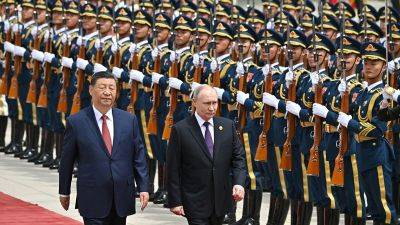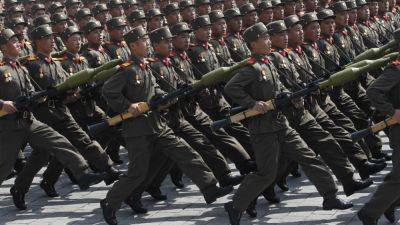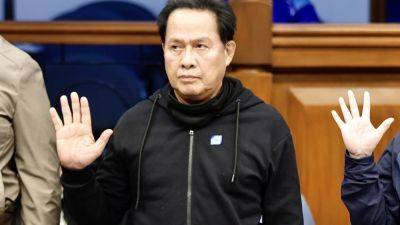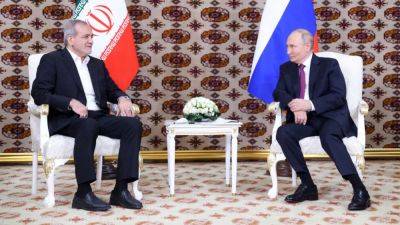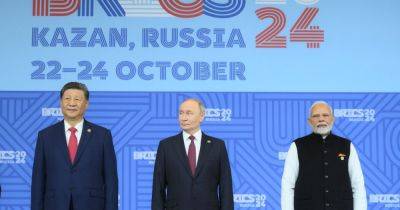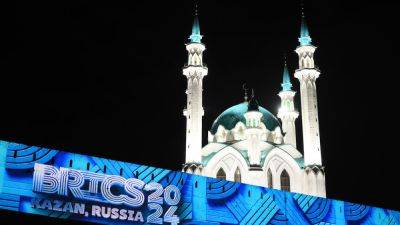Crumbling Iran Axis of Resistance: danger sign for Nicolas Maduro
Much has been written about the implications of Israel’s devastating attacks against Hezbollah for Iranian policy in the Middle East, but less has been said about their consequences for a rogue state in the Western Hemisphire.
Many will assume the regime in Venezuela fears no external developments given its complete disregard for international sanctions and global condemnation, most recently in response to a fabricated election victory that was dismissed by virtually the entire democratic world.
However, the collapse of Iran’s Axis of Resistance – of which Venezuela has been a key honorary member – will prove a stern test of the resolve of Nicolás Maduro’s inner circle.
Ever since Maduro’s predecessor Hugo Chavez came to power in 1999, Venezuela and Iran have viewed each other as something much grander than partners and bedfellows. The self-proclaimed “G2” have sought, assiduously, ways to bail out each other’s economies and thus jointly protect themselves from the effects of Western sanctions against their oil sectors.
But while Iran has been a useful mentor to Maduro on how to bypass sanctions effectively, the reality is the two countries never managed to boost trade volumes to a meaningful level.
The driving force behind their bromance has been an unwavering commitment to a shared ideology – that of challenging what they describe as US imperialism. It is not just a pragmatic alignment of interests but a fundamental, spiritual bond that reverberates throughout both governments’ foreign policies.
When Chávez died in 2013, Iran’s then-President Mahmud Ahmadinejad caused a storm by proclaiming that Chavez would return to establish peace and justice in the world, alongside Jesus Christ and the Hidden Imam. In return, when


